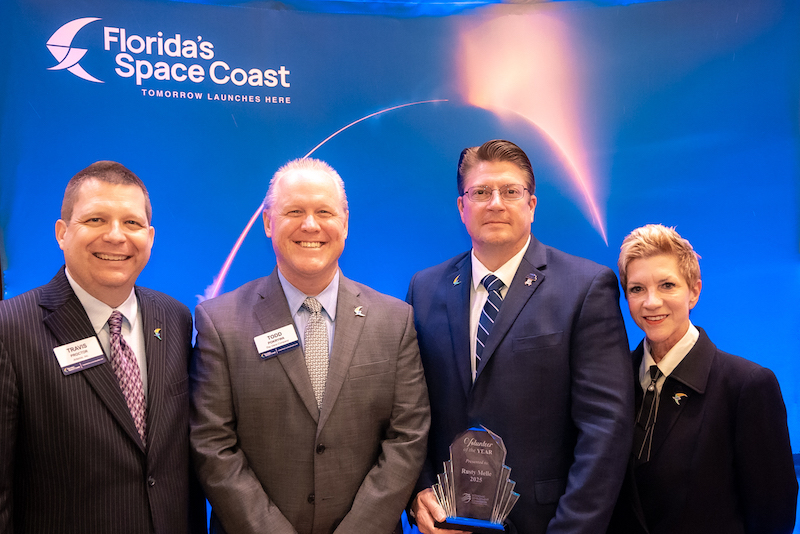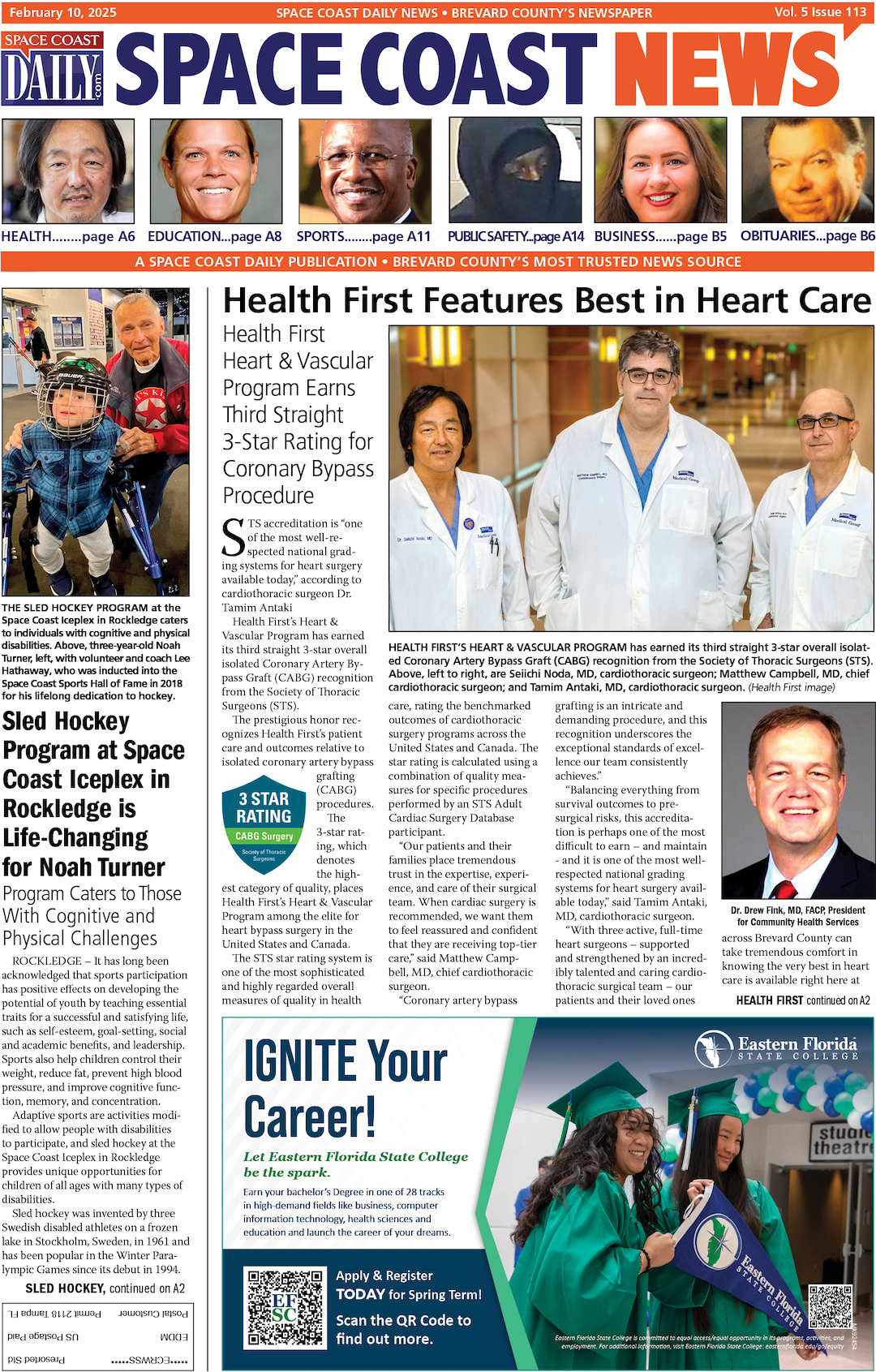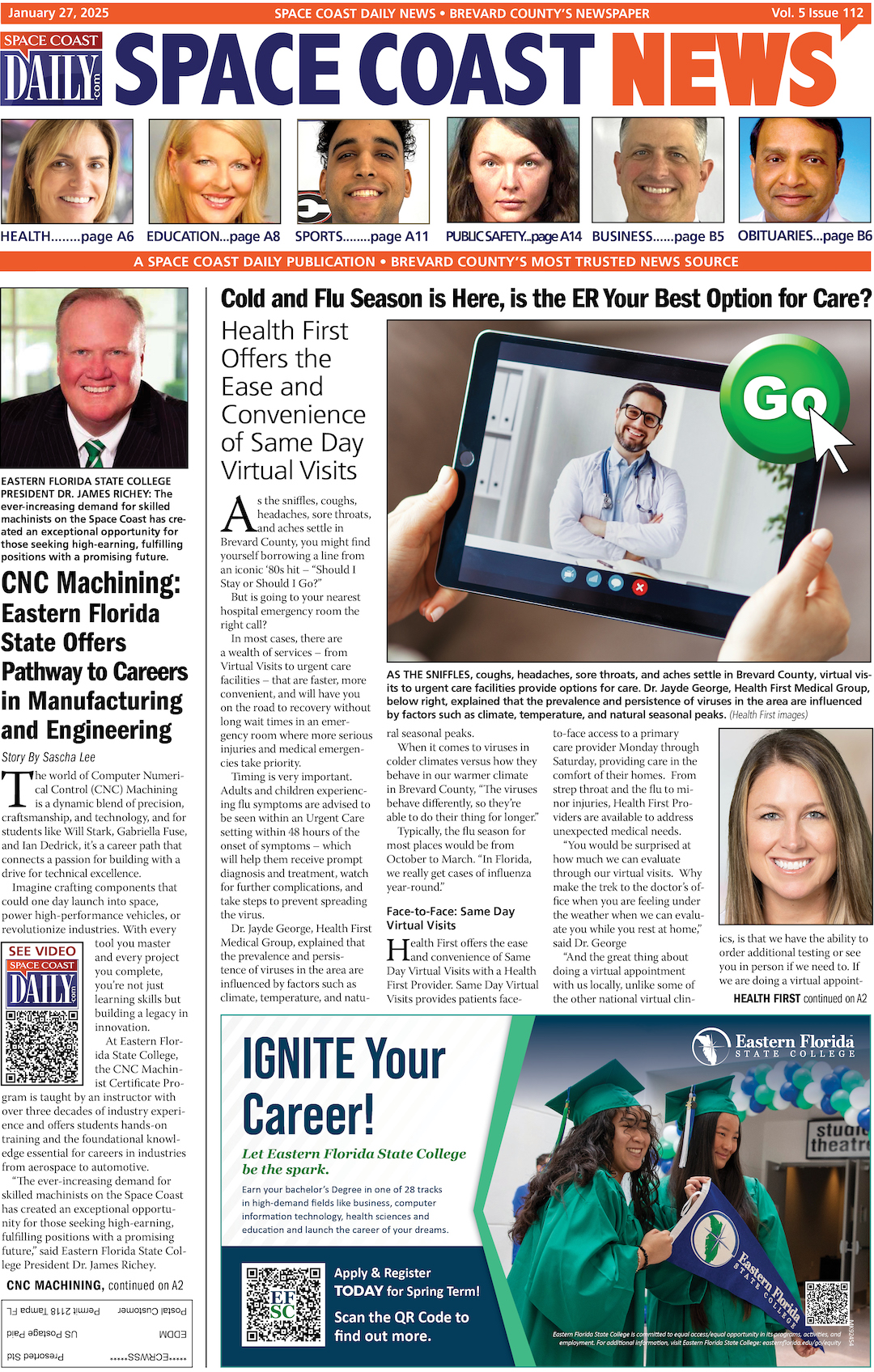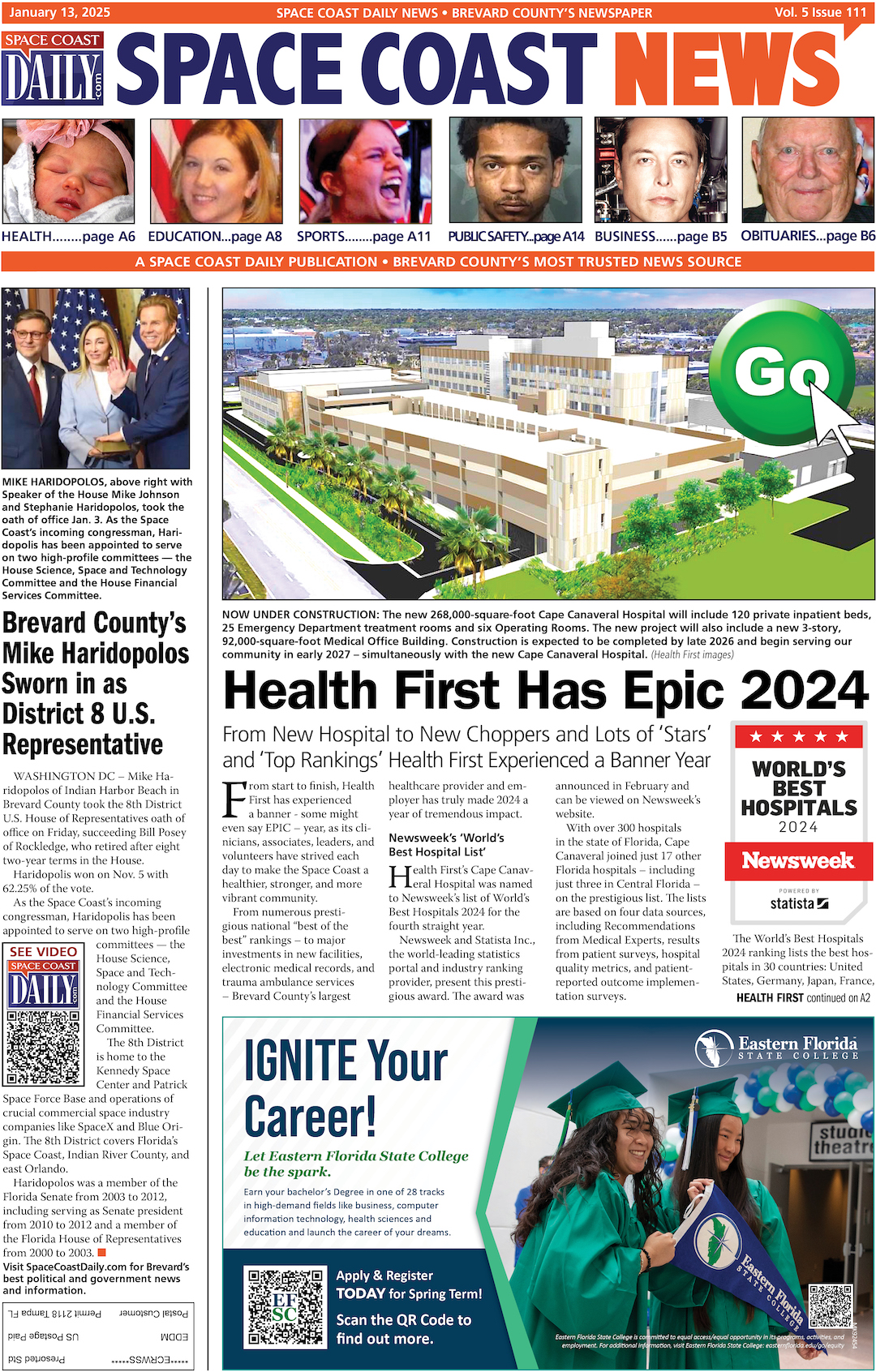The Real Victims of the Global Economy are the Ones You Don’t Hear About
By Space Coast Daily // September 8, 2023

An elderly lady sits in a chair, in one of the wards of Laniado Hospital in Netanya, Central Israel. The ward is quite full. She smiles, and when I ask her why she is there, she tells me that her throat has been aching the whole night last night.
“I have no complaints,” she says. “I know that the staff here is doing all they can to treat me in the best way possible.”
But while the doctors, nurses and other personnel in the hospital really seem to be going all out to give the best care possible, they can only go so far without the proper infrastructure. And today, providing healthcare to the public sector has become more difficult than ever – not just here in Laniado hospital, but in medical institutions all around the world.
Making ends meet
Virtually no sector, no business and no single person has been left unscathed by the current economic situation. Rising inflation, wobbling currency rates and a whole lot of economic uncertainty have left their marks – and it will take a while for things to get back to normal, even after the screens at Wall Street and around the world start showing the same green color we are all used to.
In the absence of proper state funding, medical centers around the world are dependent on donations to maintain a standard of caregiving, and that is especially true for public hospitals – and Laniado Hospital among them – which provide free or subsidized services to the wider public. Sadly, these institutions are not properly funded by authorities and they have to seek philanthropy in order to stick to that high standard.
However, when the world is forced to tighten its belt, one of the first expenses to be cut off is donations. After all, why should you spend on others when you need to plan how you make your own ends meet?
In 2022 in the US alone for example, an overwhelming drop of approximately $500 billion in charity money was felt – that’s 3.4% less than 2021. While data is not final for 2023, many organizations are concerned that, due to the cloudy skies in the financial realm, this is set to decline even further.
The other side of the equation
However, that’s not where the trouble ends. Inflation and economic uncertainty also go hand-in-hand with rising prices – and the medical supplies, equipment and services sector is no exception. This equipment is manufactured by private companies, with the ‘bottom line’ profit margin sadly being their most important goal – more than charity and human lives.
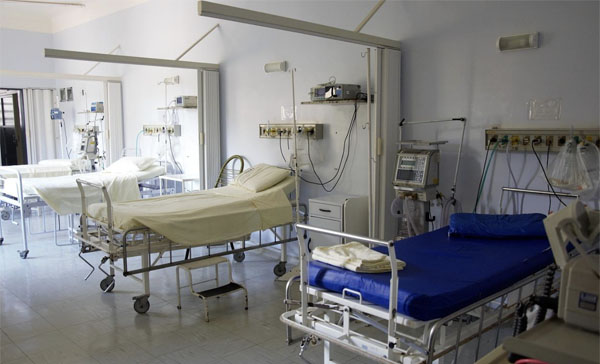
The rise in vaccine prices, for example, have forced the US government to intervene, directly requesting ‘fair pricing’ from all COVID-19 vaccine manufacturers, and even to allocate $1 billion to subsidizing the shots for Americans who can’t afford them.
This crisis is not new – we are still feeling the aftermath of the panic stirred by Coronavirus in 2020. While prices had surged quickly as demand had substantially exceeded supplies back then, these prices were not quick to return to normal levels as the crisis cooled down – and in some senses they will probably never go back to what they were.
This is true not only for vaccines. Syringes, hygiene masks, linen, examination kits – they are all much more expensive than what they were just three years ago. More often than not, medical institutions are forced to deal with these price surges on their own, as the funding they receive does not grow at the same rate.

The bright side
Having said that, we must remember that the most significant factor of proper healthcare is the human factor. Speaking to the old lady at Laniado hospital gave me that reassuring comfort that, no matter how many beds and what type of CT scanners the hospital has, the people in the white robes will always work hard to make this complex experience as comfortable and painless as possible for the patients. However, that is naturally not enough.
Should governments dig deeper in their pockets? Should hospitals campaign more and encourage donations? I believe that times like these call for a mixture of the two. The basis of humankind is solidarity, and times like these are when this principle is tested.


